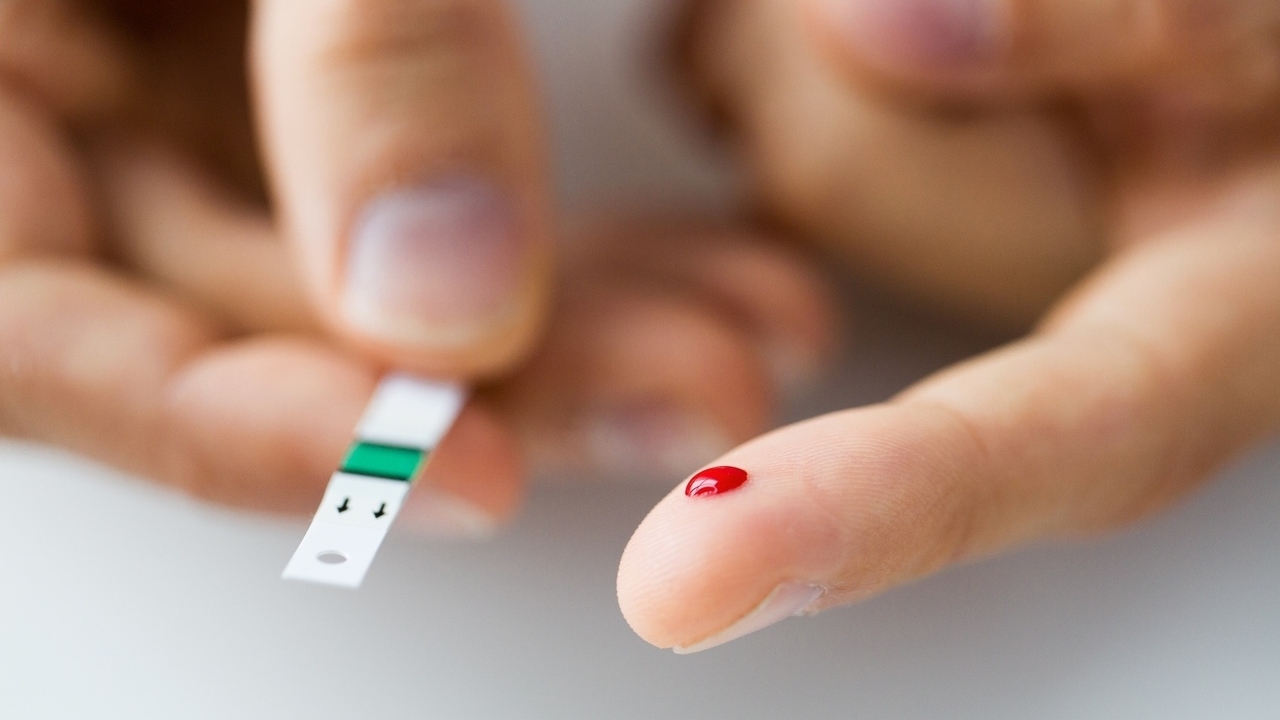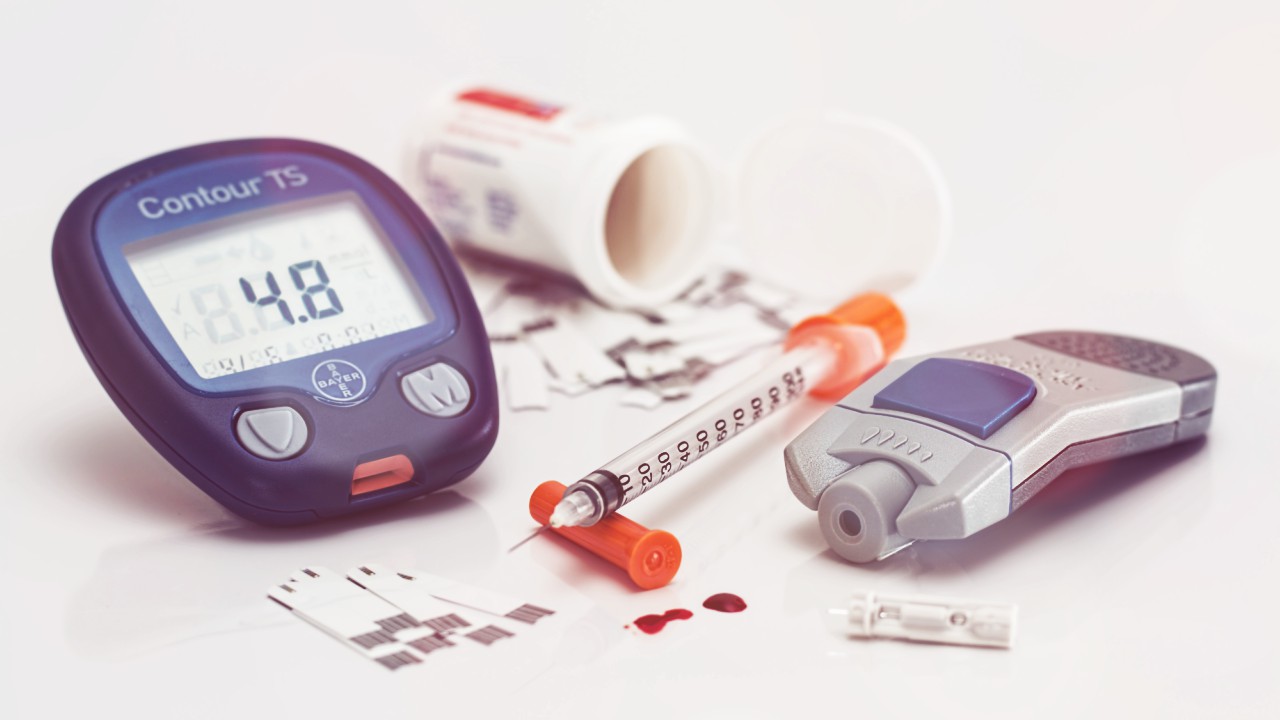Food is broken up into three different areas: carbohydrates, fats and proteins. Each area plays an important role in any diet, and no diet should be devoid of one group. As diabetics, most of us have been told to count carbohydrates (carbs) in order to keep our diabetes under control. Why is this? Let me explain…
Carbohydrates are in almost everything we eat. From bread and cereal to fruit, yogurt, and even some vegetables, there is no way to avoid carbohydrates. Carbohydrates are an important building block to a healthy diet, and diabetics need them no matter what low-carb diet fad is out there. Carbohydrates are basic energy providers. Without carbs, our bodies would shut down. However, over time, carbs have become either avoided like the plague or loved a little too much, leaving our country confused to the benefits as well as the dangers of carbohydrates.
For diabetics, carbs are a basic way to count food intake. Usually broken into servings of 15 grams, carbs make it easy to determine how much insulin is necessary to inject for a meal or snack. Carbohydrates will make the blood sugar level rise in diabetics and non-diabetics alike. But, diabetics can measure both carbohydrates and the rise in blood sugar in order to calculate an amount of insulin to inject. In a non-diabetic, the body would do this on its own.
There are two types of carbohydrates: refined and complex. Complex carbohydrates are considered “good carbs,” while refined carbohydrates are considered “bad carbs” (http://www.cdc.gov/nutrition/everyone/basics/carbs.html). Diabetics should try to eat more complex, or good, carbs than refined, or bad, carbs.
The reason is that complex carbs, including foods such as whole grain bread, cereal and pasta, are high in fiber. Fruits and vegetables also have a large amount of fiber in them, and are a perfect way to feel full, but also stay on a nutritious eating plan. In fact, if all Americans ate a diabetic diet, we would not have as many problems with obesity!
Diabetics should speak to their doctor about the correct amounts of carbohydrates for them.





Add a CommentComments
There are no comments yet. Be the first one and get the conversation started!